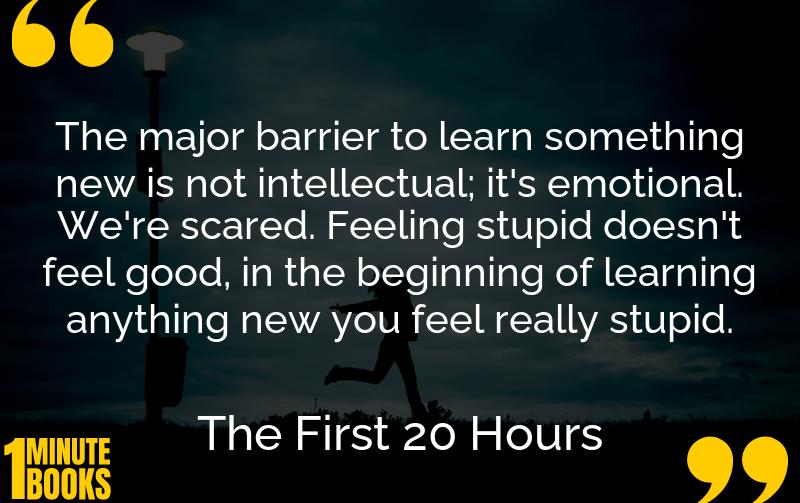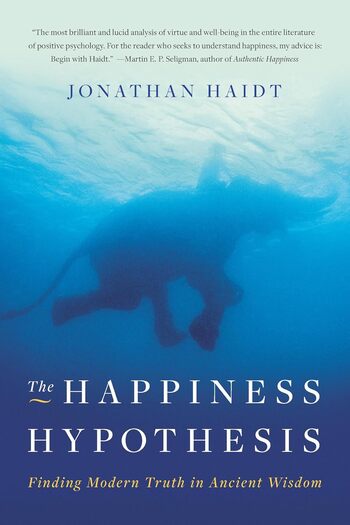
The book debunks the 10,000-hour myth, showing that focused, deliberate practice for 20 hours is often enough to become reasonably good at a new skill.
Main Lessons
- Focused practice can lead to significant improvement in just 20 hours.
- The 10,000-hour rule applies to becoming world-class in ultra-competitive fields, not general skill acquisition.
- Breaking down skills into smaller parts makes them easier and faster to learn.
- Self-correction is essential; use resources to guide your practice without procrastinating.
- Removing distractions improves focus and effectiveness during practice sessions.
- Pre-committing to practice helps overcome the initial frustration barrier of learning something new.
- Most skills are comprised of a few core components; mastering these allows quick proficiency.
- Starting with the most important aspects of a skill can lead to faster progress.
- Major barriers to learning are often emotional rather than intellectual.
- By dedicating a small, consistent amount of time each day, significant skills can be acquired in a month.
- Real-world examples, like learning the ukulele, demonstrate the practical application of the 20-hour rule.
- Personal growth comes from overcoming fear and embracing the feeling of being a beginner.








